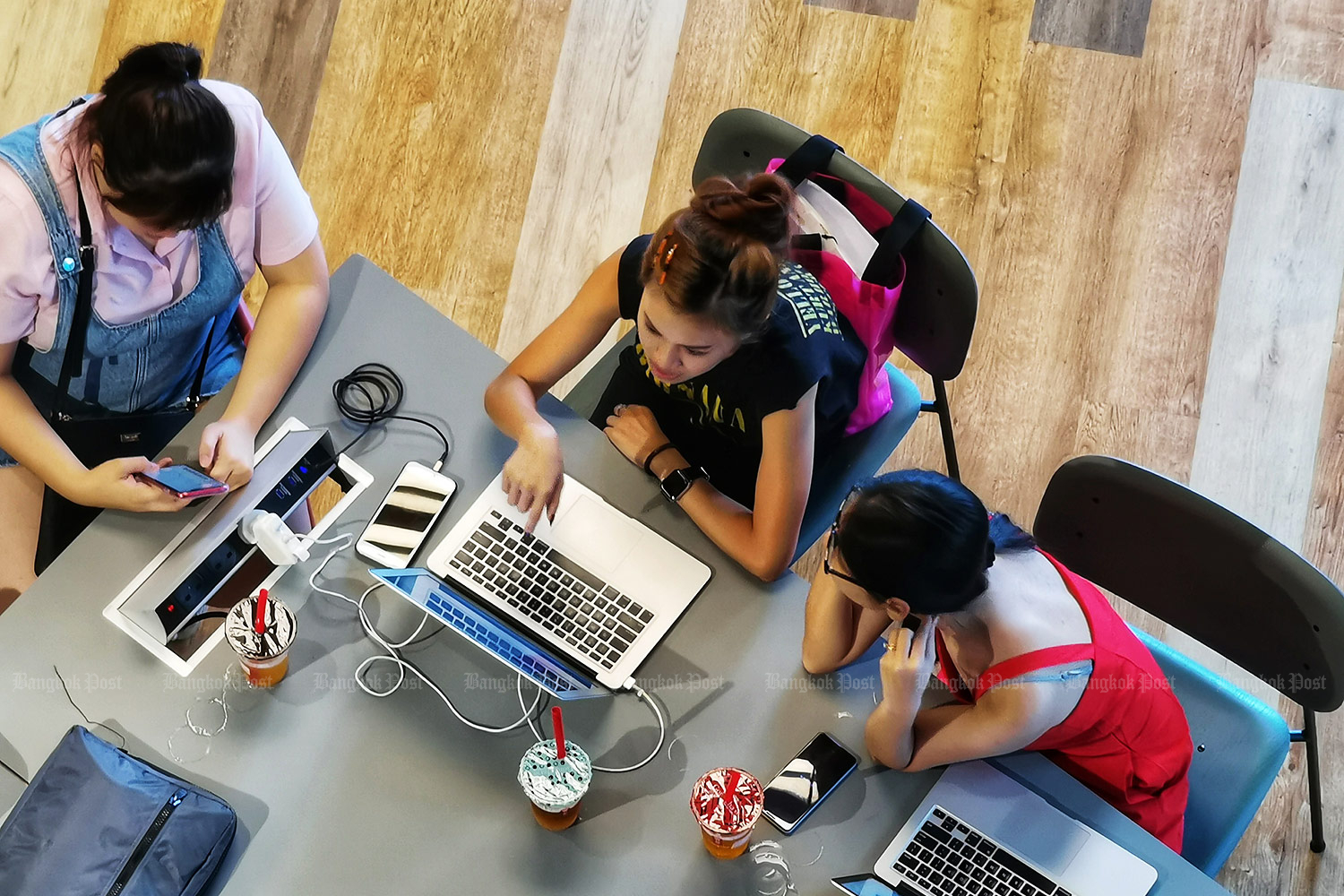India recently blocked all internet, phone and SMS access to the state of Punjab for four to five days as they search for a Sikh separatist. I had a friend who was there at the time and they told me how eerie it was to see no one on a phone for a few days. Someone would occasionally pull out the phone to see if service had returned but apart from that, there were no people talking loudly on phones in restaurants or on public transport. This impacted 27 million people, which is more than the population of Australia.
- Wherever you are, try to imagine what it would be like if you lost access to the internet and your phone for five days. I can imagine a lot of stunned people walking around not knowing what to do with themselves. Contacting people would require going and seeing them. Rapidly diminishing skills like talking to each other over a meal will need to be revitalised. The loss of contact validation through messages and posts will vanish leaving a hole that would need to be filled. There are some places in the world, such as California, where it may invoke mass panic. If it did happen, it might wake some people up to the weakness of energy security that some countries face and highlight just how much some societies rely on digital connectivity.
- So, the banning of TikTok is another issue that some face. I agree with it on government devices but when it comes to private use it should be left up to the individual. Organisations and governments are already capturing huge amounts of personal data on their citizens and customers. Google and Facebook are two US-based entities that currently collect more data than TikTok but for some reason, that's OK because it's the US instead of China. TikTok collects information for the Chinese CCP and elsewhere different apps collect information for other countries. Governments have their own intelligence agencies and paperwork we need to fill out for just about everything. This is data that is collected and used. For all of the above, there is the risk that hackers will get into the databases and release them to the world.
- One concern is about DNA test kits people send in to find out their ancestry. This is data of the most personal kind. Not only are the results mostly generic, but the results are not 100% accurate and the data collected on people from their samples can potentially be used to determine if they can get some forms of insurance and other possibilities. Blackstone recently acquired Ancestry.com and they have interests in all kinds of organisations and governments. Now they have a huge database that can be leveraged.
- Some people are starting to ask for a six-month pause in AI advancements like ChatGPT until more is known about how they are evolving. A story about a Belgian man apparently committing suicide after an app called Chai or Eliza depending on the article you read allegedly talked him into committing suicide to save the planet. Unlike ChatGPT, this app presents itself as having feelings allowing a bond to form. The AI fed his worries which worsened his anxiety and later developed into suicidal thoughts. For those who remember Eliza was one of the earliest chatbots. There is also some evidence that some AI products have evolved beyond their original programming, something a learning engine might be expected to do. People like Elon Musk are concerned that this could lead to undesirable and damaging outcomes. They may be correct or we may just need to take some precautions and plan for more AI in our daily lives.
- In an amusing twist, Google has been accused of training their Bard AI system using text results from ChatGPT. Google denies this and OpenAI bans others from training their AI systems using ChatGPT outputs. The engineer who raised the concerns left Google and moved over to OpenAI. If Bard was trained, even partially, as suggested it may behave in a similar manner to ChatGPT. Regardless of the truth here, there are bound to be some overlaps because the source material will have a massive amount of overlap.
- As a complete change of subject, the biggest hard drive you can currently buy for a reasonable price is 26TB from Western Digital but the 22TB are in the sub US$500 (17,000 baht) mark. For $40,000 you can get a 100TB drive. In the SSD market, you can get a Samsung 30TB for $4,750 or a Micron version for $3,650. An 8TB human-priced version is around $800. A 1TB microSD card is around $105-180 depending on the specs. A regular SDXC card tops out at 2TB. Be very careful of the thumb drives advertised at 4-16TB or more as they are fakes. The price alone should be the giveaway. It will be interesting to see where we are at the end of the year in both capacity and pricing.
James Hein is an IT professional with over 30 years' standing. You can contact him at jclhein@gmail.com.

